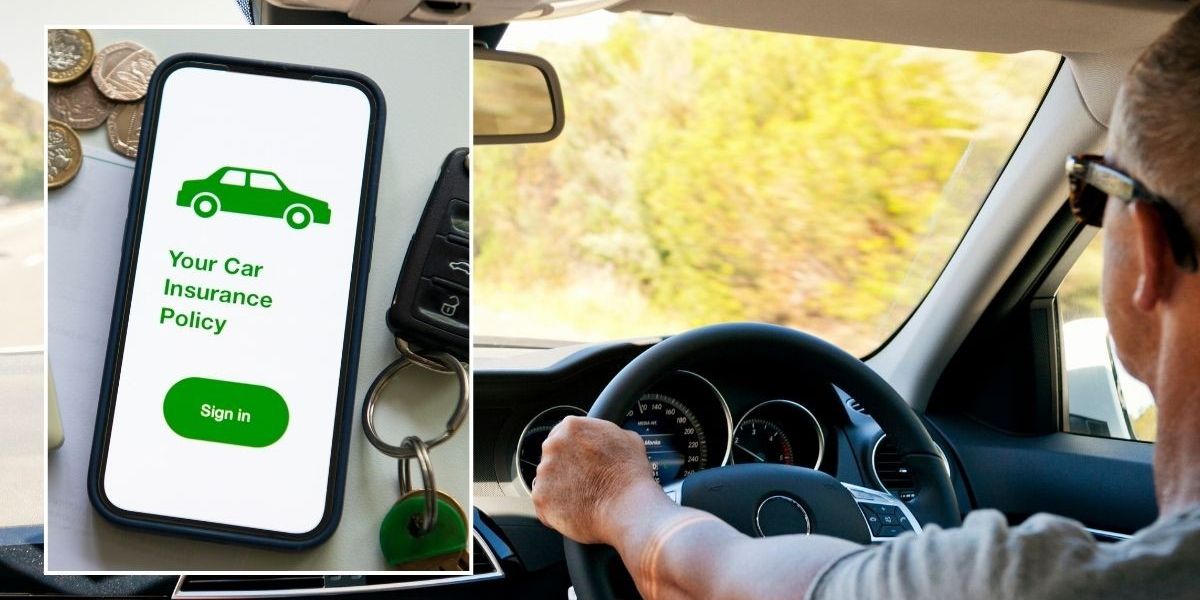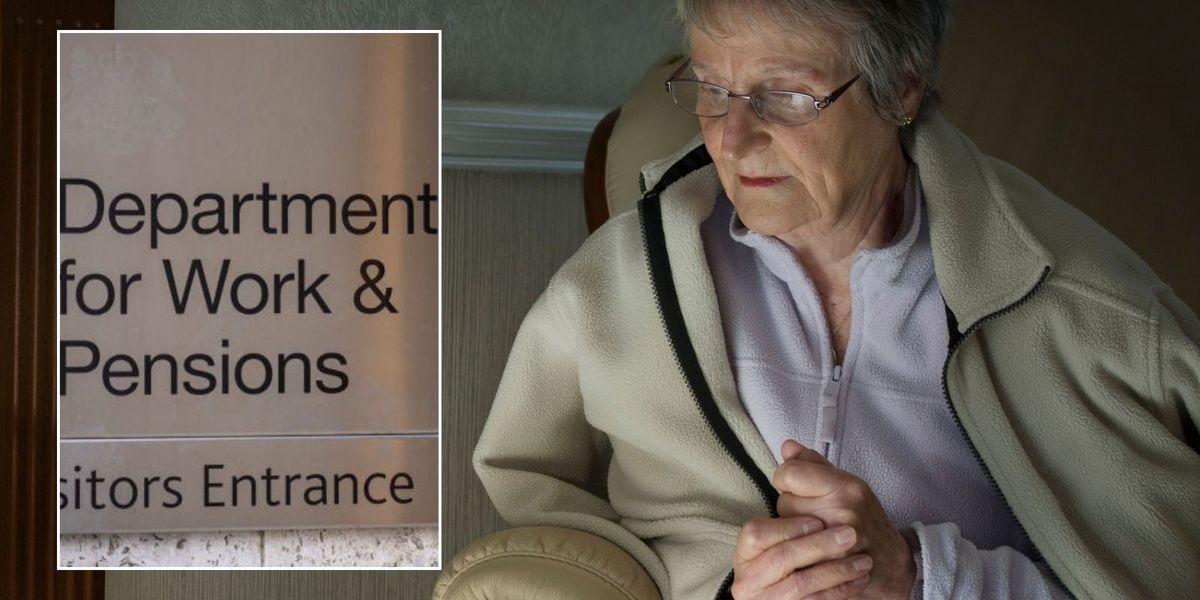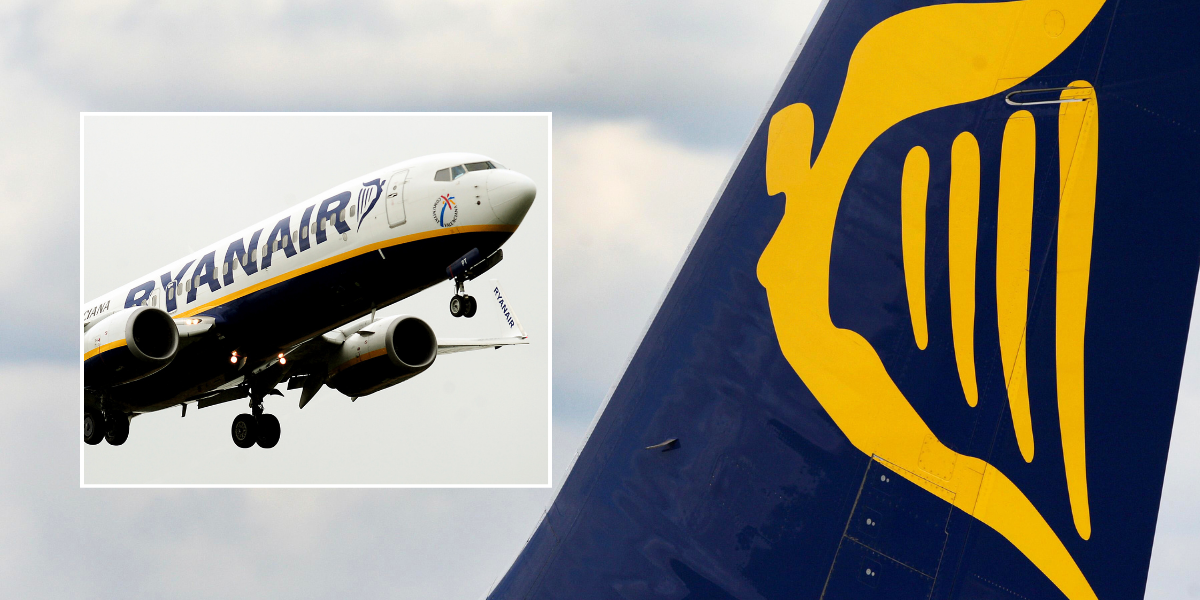More young drivers are opting to buy classic cars despite the repair costs and tax implications which could see them pay excessive amounts.
It comes after new research revealed that there has been a marked increase in the number of younger drivers turning towards classic cars.
The report found that drivers aged between 25 and 39 have been increasingly looking to take out insurance on classic cars, flagging their interest.
So far this year, there has been a 16 per cent rise in drivers insuring a single classic car, compared to the same period in 2023.
Do you have a story you’d like to share? Get in touch by emailing[email protected]
Drivers can stop paying for vehicle tax car was built before January 1, 1984
PA
While classic cars may seem more appealing to young drivers, the tax and repair costs are less attractive.
According to the DVLA, motorists can apply to stop paying for vehicle tax if the car was built before January 1, 1984, but any sooner and the vehicle will be charged.
Classic cars do not need to get an MOT if the vehicle was first registered more than 40 years ago and no “substantial change” has been made to the vehicle in the last 30 years.
The Federation of British Historic Vehicle Clubs said: “Currently, a vehicle ‘first registered’ on/prior to January 7, 1984, will be classed by the DVLA as having been built in 1983, therefore it is tax exempt from April 1, 2024.
“If your vehicle was ‘first registered’ after this date, up to December 31, 1984, you will need to wait until April 1, 2025. Younger vehicles become eligible in April after the year in which they become 40 years old.”
Other issues facing classic car owners surround Q plates. In June, experts called for more clarity around the car vehicle registration requirements.
In May, the Department for Transport opened a call for evidence on the best ways to protect heritage vehicles and make them fit for the modern age.
One of the biggest issues raised was how to improve vehicle records to ensure cars that have been rebuilt are safe to be on the road, something that has attracted younger drivers.
The consultation by the DfT also looked to address whether new registration numbers should be launched specifically for use for historic and classic vehicles, including “Q plates”.
DVLA issues “Q” registration numbers to vehicles whose age or identity is in doubt. The agency stated that any original vehicle registration number would become invalid, and they must not display it again.
However, Mitchell Brown, automotive photographer and organiser of the annual Mini’s and Milkshakes Car Show, said these factors should not deter drivers.
He commented: “It’s exciting to see what the future holds for both classic cars and the younger generation. I’ve noticed from the many shows I attend that more younger people do take a liking to classic cars.”
LATEST DEVELOPMENTS:
Classic cars may be issued ‘Q’ registration numbers
PA
Mark Wilkinson, managing director at Heritage Car Insurance, added that it’s “brilliant to see” more and more young people “developing a passion for classic cars”.
He said: “This interest ensures that the industry will continue to thrive, evolve, and inspire future generations—making the world of classic cars more inclusive, dynamic, and enduring than ever before.”










